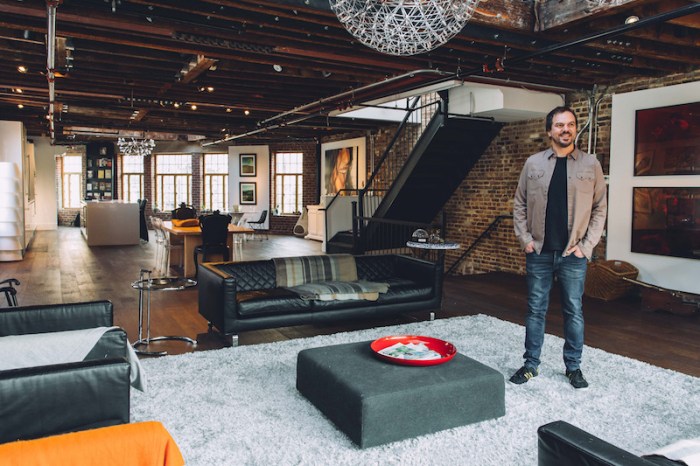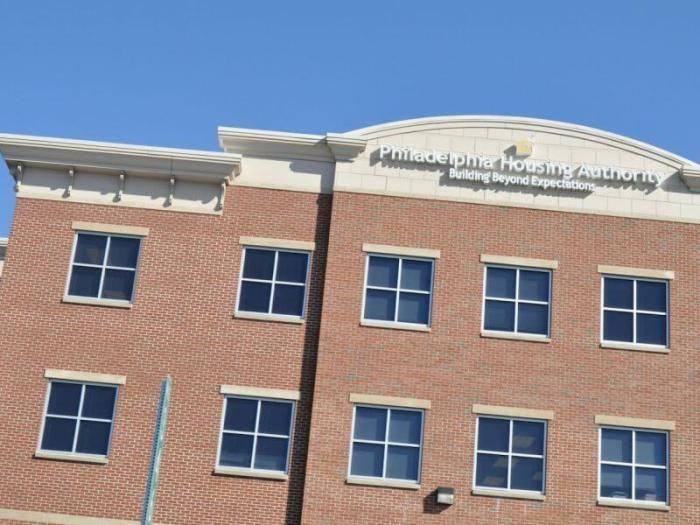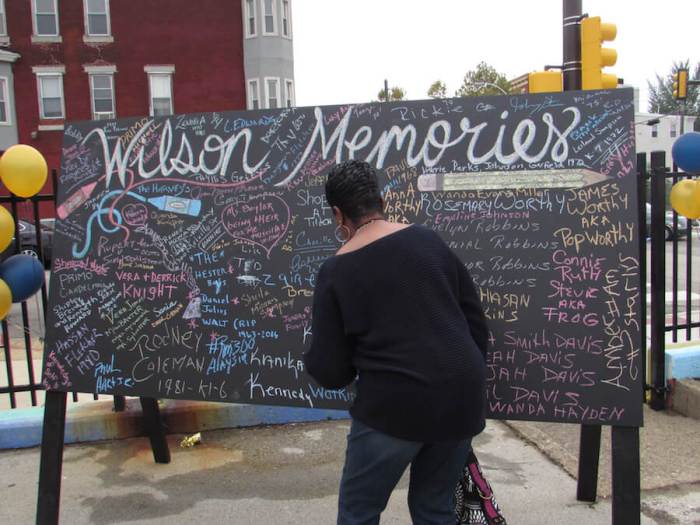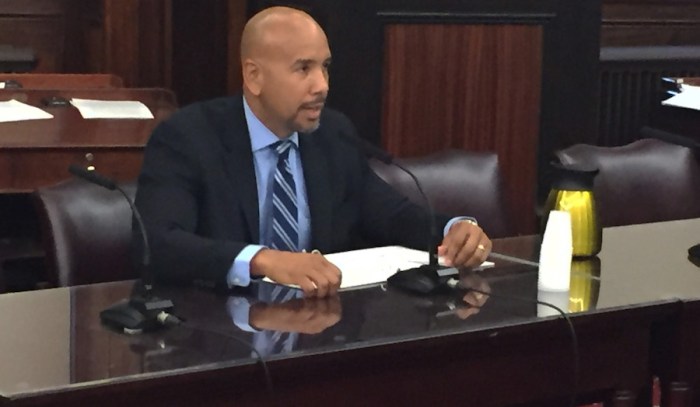Housing prices are up 44 percent from a decade ago and as economists debate whether Boston is headed for another housing bubble, soaring rents and sale prices are making some rich while leaving others scraping to get by. The median home value in Boston is $522,600, up 9.4 percent in just the last year and experts are predicting prices will rise another 4.5 percent by the time 2017 bids adieu, according tomarket data on Zillow. When it comes to rentals, the price tags are seeing similar gains. The average rental household is shelling out $2,570 a month, 44 percent more than renters paid on average in of January 2011.
“Standard renters should pay no more than 30 percent of their income for rent. The same standard that applies for homeowners,” Marc Draisen, executive director to the Metropolitan Area Planning Council said. “If renters are paying more than 30, 40 or especially more than 50 percent, they are cost-burdened and likely to be displaced.” Displacement occurs when renters can no longer afford to their rents or when homeowners can no longer pay their mortgages due to rising costs, creating a shift in the makeup of an urban community like Boston and gentrifying neighborhoods. In 2015, 54 percent of Boston’s 91,000 renter households were cost-burdened, and nearly 35 percent of the city’s 170,000 owner households were cost-burdened, according to MAPC data.
To help cost-burdened residents remain in their homes, Mayor Marty Walsh is looking to expand tenants’ rights, reward good landlords and expand affordable housing funding with a five-part legislative package, which he plans to file next week. “Even as Boston sees historic levels of housing being built, we must make sure that no one is left behind,” he said in a statement. “The people who have built this city into the thriving, attractive place it is today must be able to remain in their homes and neighborhoods, and we will not stop until we have significant protections in place for them.” One bill, sponsored by state Sen. Sal DiDomenico, would offer tenants a higher likelihood of success in eviction proceedings by requiring legal representation. The bill is intended to not only assist with housing and economic stability for families and individuals, but will also help alleviate homelessness by diverting people from having to enter the emergency shelter system. Currently, only seven percent of tenants brought to Boston Housing Court receive some type of legal assistance while a majority of landlords have representation.
Another bill seeks to protect inclusionary zoning mandates that require developers to build affordable units when constructing 10 or more residential homes.
Other legislation will help tenants living in foreclosed homes. Another bill gives tenants and nonprofits the right of first refusal to purchase foreclosed homes or homes under short sale.
Another bill incentivizes landlords to charge below-market rents by providing an income tax credit of $1,500 for landlords who provide unsubsidized units at below-market rents to qualifying households. “The mayor is trying to expand his toolbox and trying to find a few more things he can do to combat displacement,” Draisen said. “He deserves credit for giving that a shot.”
Walsh bills take aim at gentrification
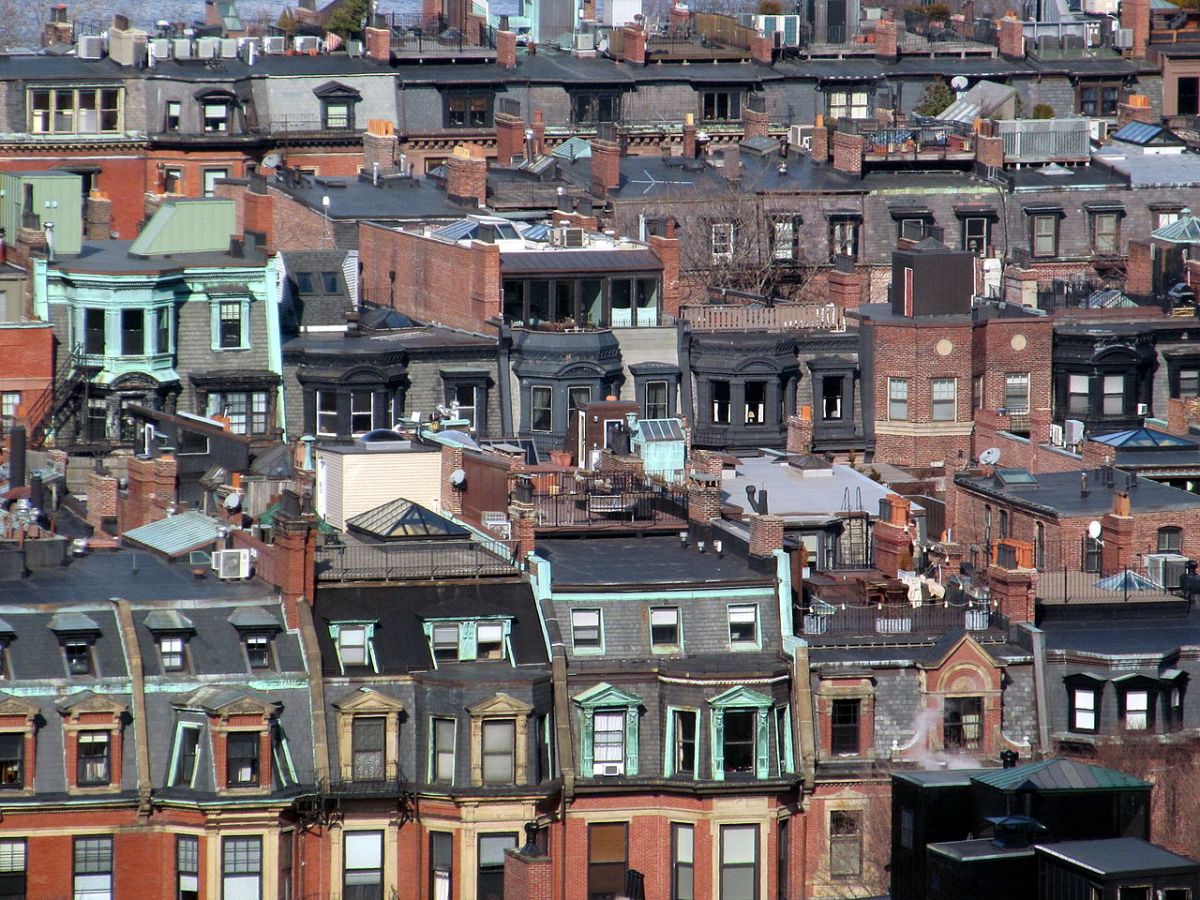
Wikimedia Commons

